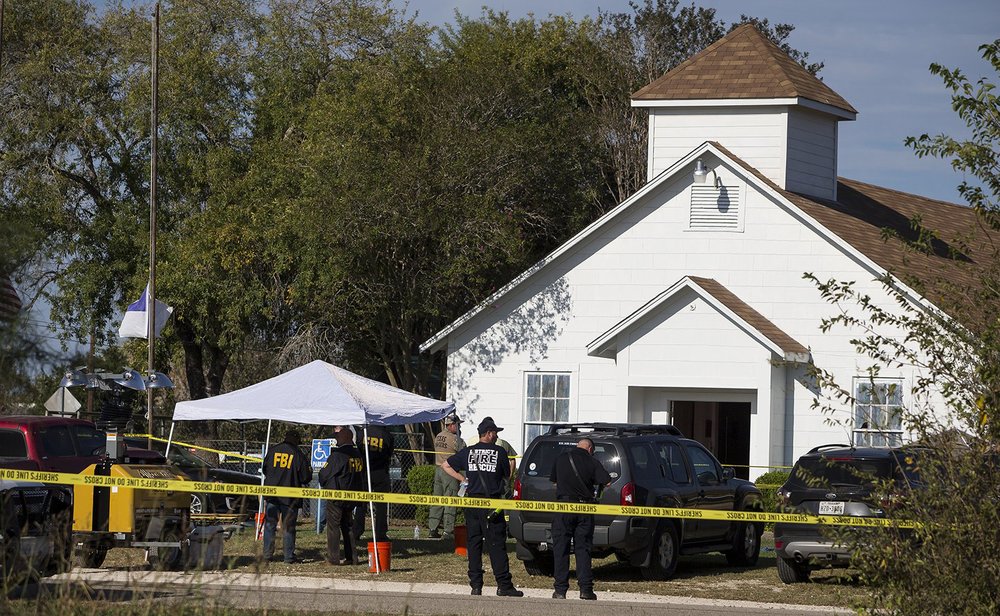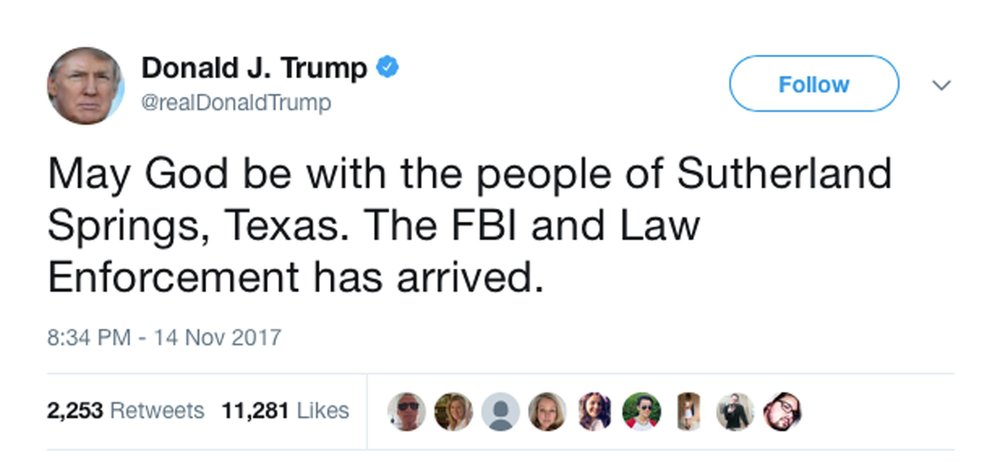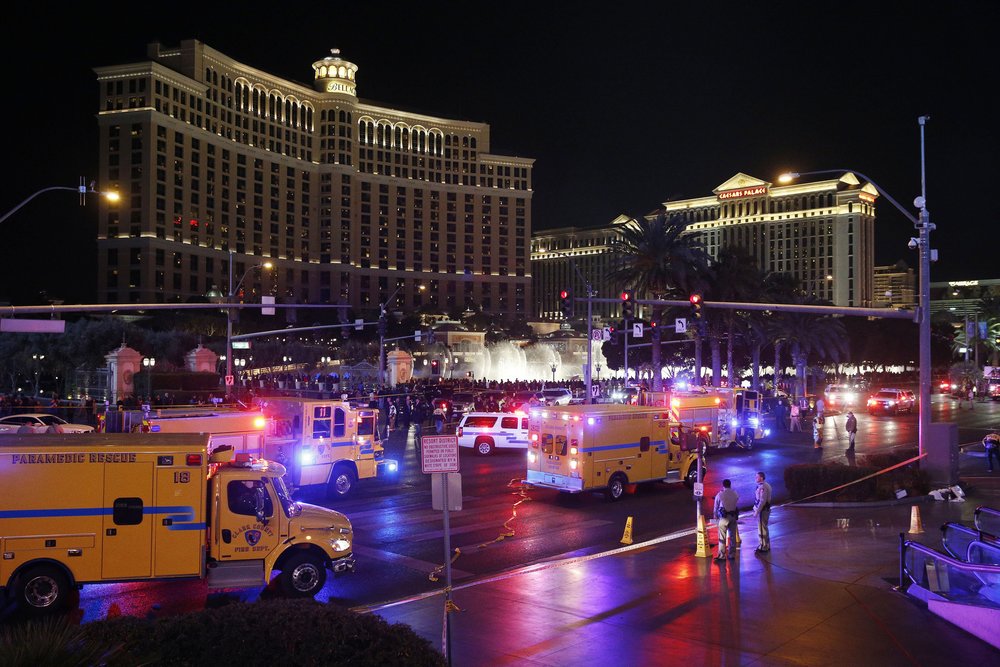Possession of arms has been a subject of debate between opponents and advocates of gun control. Experts and politicians have been fighting to put an end to the horrific incidents of mass shooting which have been terrorizing the nation for years, but when the entire nation is divided on the real cause of gun violence, it becomes difficult to find a solution for it.

Las Vegas Mass Murderer – Stephen Paddock
Researches have also been struggling to get to the root of the problem and understand the psychology of individuals behind shooting incidents. A recent study claims that there may just be a link between psychological illnesses and gun violence – but is there any truth to this claim?
An Increase in Gun Violence Incidences Around U.S.
Statistics show that there have been more than 1.5 million incidents related to gun violence since 1968 in U.S. alone with almost 33,000 deaths occurring every year due to the possession and use of firearms.
Surprisingly, not even half of these death result from mass shootings. More than two-thirds of the annual deaths occur due to suicide whereas mass shooting incidents account for only 500 deaths every year.
With the number of deaths from suicide on an all-time high, experts are trying to find any correlation between mental illnesses and mass murders. Want to see how bad gun violence has gotten in United States? Click here.
A Conflicted Debate
The family of one mass shooter Kevin Neal, whose attack on an elementary school left five innocent people dead, are beginning to connect the dots between Neil’s troubled past and his tendency to harm himself and others. The family said that they were aware of Neil’s mental illness for almost two decades but they never thought that that it would cost him his life.
Researchers who have been trying to find any patterns between mass murder incidents believe that blaming genocide on mental illness isn’t only untrue but also highly dangerous. One criminologist and book author named James Alan Fox, who has been studying shooting incidents for several years, is of the view that mental illness is often seen as the driving force behind mass shootings because people want to believe that the perpetrators of such incidents are not normal; in such cases it becomes easy to throw the blame on psychological abnormalities, stigmatizing those suffering from mental illnesses as ‘dangerous to the society’.

Law enforcement officials working at the scene of the mass shooting at the First Baptist Church in Sutherland Springs, Texas, Nov. 5, 2017
The President of the United States himself blamed the Texas mass shooting on mental health crisis only days after slashing the funding for Medicade by half. Trump’s critics called his remarks hypocritical, saying that if mental health is the real cause of mass shootings, cutting healthcare funds would not provide a logical solution to the problem.
Gun Violence in the U.S.A in Comparison to Other Countries
A study by United Nations Office on Drugs and Crime showed that gun related crimes are more prevalent in the United States than other industrialized nations. The explanation for these statistics lies not in mental health crisis but in the sheer number of firearms owned by American civilians. If mental illness was the cause of genocide, then the statistics of gun violence would be similar across the globe. The real threat lies in handing firearms to individuals who cannot be trusted with them. As more and more Americans begin to show signs of impulsive behavior, owning and carrying guns becomes extremely hazardous for others around them.

Trump’s tweet on the latest mass shooting in Texas
Strict Background Checks for Gun Sales May be the Answer
One solution proposed by experts to control gun violence is thorough background checks of individuals in every state before selling arms. However, most shooters involved in historical mass murders had no past criminal record making it even harder to create a correlation between psychological health and gun violence. In any case, there is an imminent need for awareness campaigns to educate everyone how to identify and cope with mental illnesses.
 Las Vegas Casino – The place where the Mass Shooting Took place in Sep. 2017
Las Vegas Casino – The place where the Mass Shooting Took place in Sep. 2017
Strict background checks shouldn’t only apply to those who suffer from psychological illnesses but also those display concerning behavior or have a history of incidents related to anger issues. These people aren’t just a danger for themselves but also for others around them.










